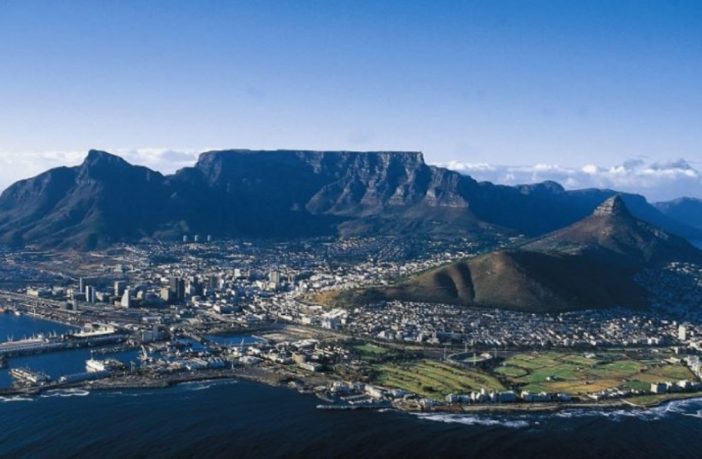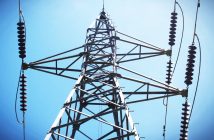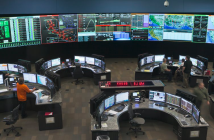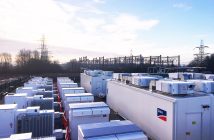Opinion
- Between 2015 and 2017, the Western Cape experienced three consecutive years of below average rainfall, leading to its worst drought in over a century.
- Citizens of Cape Town were doing all that they could to save water and were fully anticipating ‘Day Zero’ – the day when they would open their taps and nothing would come out.
To many residents in the Western Cape, this period now feels like a strange nightmare; a once-off event that we managed to overcome. Life has moved on, and so have we. However, instead of simply forgetting about this event, we should be learning from it and asking ourselves some important questions: did we simply get unlucky, or did climate change make this drought more likely to occur? Was it truly a once-in-a-lifetime event, or are we likely to experience another severe drought?
Since the early 2000s, in a practice called Event Attribution Analysis (EEA), climate scientists have explored whether, and to what extent, a particular extreme weather event was influenced by climate change. At its simplest, EEA estimates the likelihood of an event occurring in today’s climate and compares this with the estimated likelihood of the event occurring in a counterfactual world without human-induced climate change.
In 2018, Dr Friederike Otto and co-authors released an EEA examining to what extent climate change altered the likelihood of the Western Cape drought and whether, under further global warming, droughts similar to this will continue to occur with increased frequency. In the counterfactual world without climate change, the authors estimated that the drought represented a 1-in-100-year event. However, we do not live in this world. In reality, climate change increased the likelihood of the drought by a factor of just over three. In other words, the risk of a drought as severe as the 2017-2018 Western Cape drought increased at least threefold due to climate change. Looking into the future, the authors also predicted that a further doubling of global warming – to 2˚C relative to pre-industrial times – would result in an additional threefold increase in the risk of severe drought.
Thus, unfortunately, the recent Western Cape drought cannot be written off as a once-in-a-lifetime event. If we were living in a world without human-induced climate change, this may be the case – but we are not. Climate change is unequivocally creating the conditions in which another drought in the region is increasingly more likely to occur. Without adaptation in water supply and demand, water shortages in the Western Cape may start to represent more of the norm rather than an anomaly.
This has important implications for the region. As noted by Otto and co-authors, the Western Cape Water Supply System is highly dependent on rainfall, making it particularly vulnerable to the effects of climate change. The City of Cape Town’s Water Strategy states that rain-fed dams will still supply more than three quarters of Cape Town’s water in ten years’ time. However, in light of the severe drought, the City has committed to enhance its water supply and invest in new and diverse sources – including a permanent desalination plant that is planned to be operational by 2026. As its constituency, we need to ensure that these water diversification plans are followed through and that sufficient investment is made in new infrastructure and early warning systems.
However, beyond managing water supply, there is also a responsibility on us – the people of the Western Cape – to continue to use water wisely. In March 2018, Cape Town was consuming just over 500 million litres of water per day; as of 25 January 2021, water consumption in Cape Town had increased by more than 50% to around 800 million litres per day. Although we are not currently in a drought, we cannot afford to waste clean drinking water.
Climate change is a psychologically distant issue; we struggle to grasp its effect on our lives as it is often perceived as primarily impacting those born in the future. In contrast, the effects of extreme weather events are felt immediately. Given these different perceived timelines, we frequently fail to acknowledge that climate change is already altering the likelihood of extreme weather events and is impacting our lives in a very tangible way. Rather than forgetting about the recent Western Cape drought and reverting back to our profligate usage of water, we should use the event as a learning experience and continuing to save all the water we can.
The next drought may be sooner than we think.
Author: Richard Freun
Richard is a Quantitative Research Assistant at Young Lives











